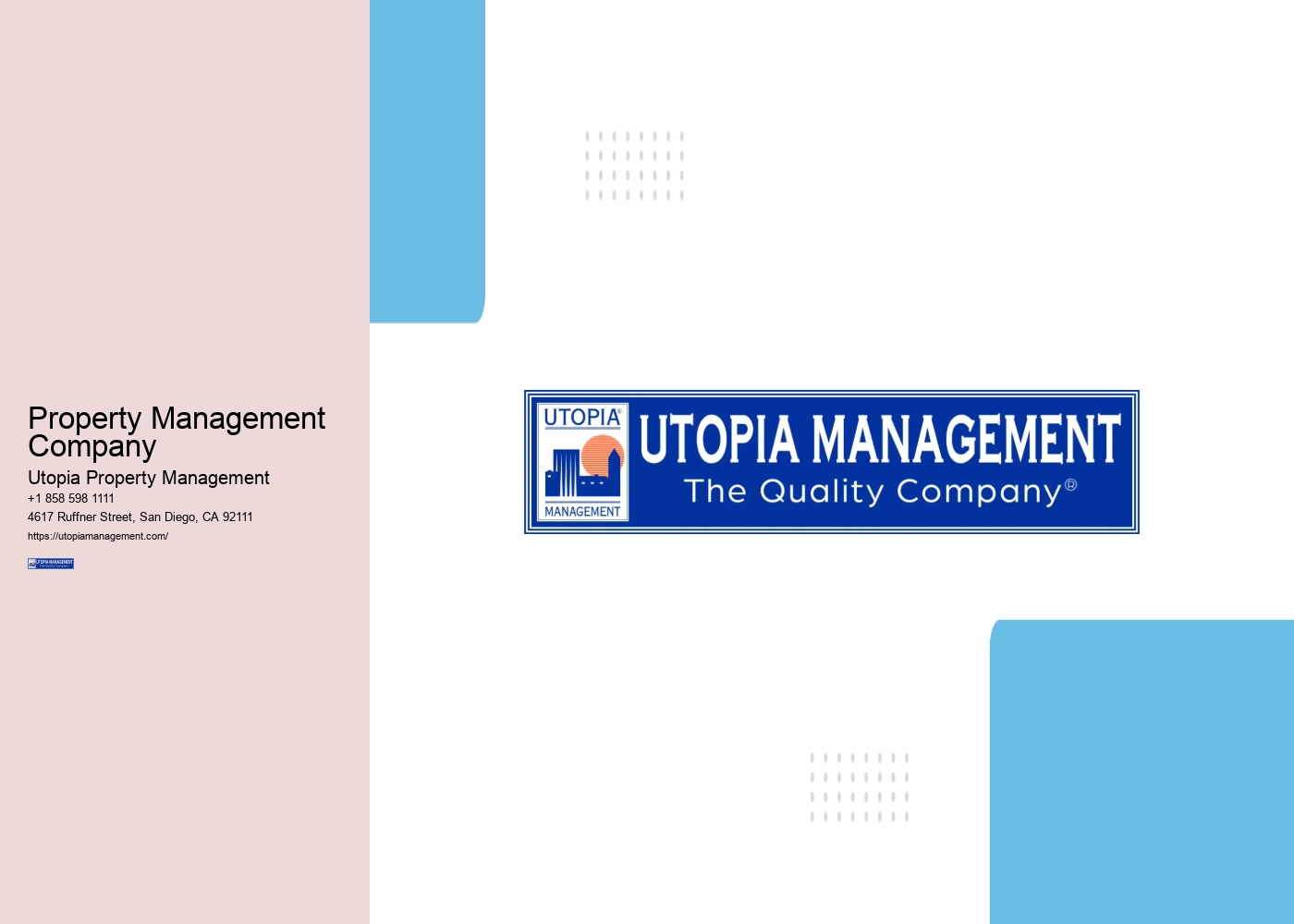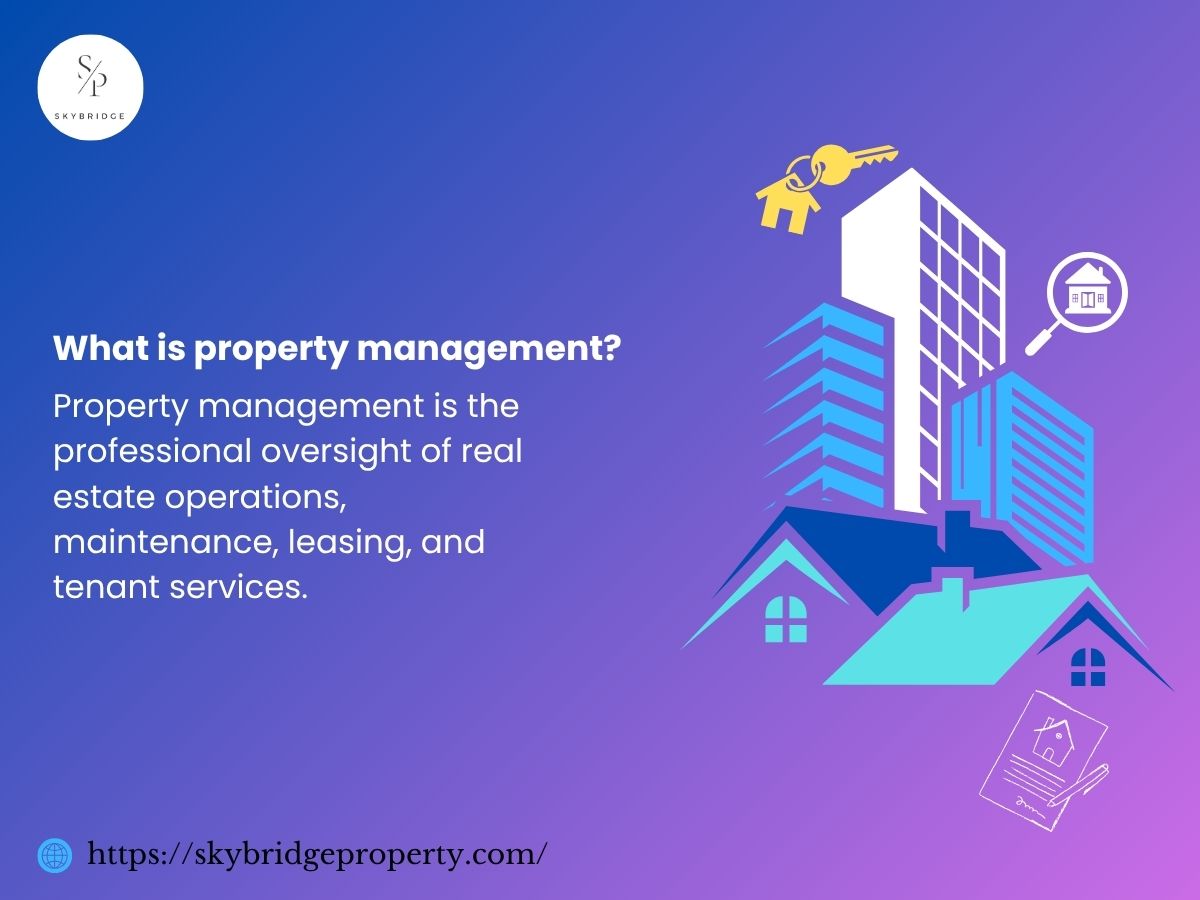

Effective property management serves as a significant factor in enhancing property value over time. By prioritizing routine maintenance and conducting regular inspections, property managers can mitigate minor issues before they escalate, thereby preserving the integrity of the asset.
Additionally, strategic upgrades and a focus on tenant satisfaction play vital roles in attracting and retaining quality occupants.
However, the interplay of these elements raises questions about the best practices for ensuring sustained value in an ever-evolving market. What specific strategies can property managers adopt to maximize these benefits?
Routine maintenance is essential for safeguarding property value and ensuring long-term investment returns. Regular upkeep not only enhances the aesthetic appeal of a property but also prevents minor issues from escalating into costly repairs.
By addressing maintenance tasks proactively-such as HVAC servicing, plumbing checks, and exterior inspections-property managers can maintain structural integrity and functionality. This consistent attention to detail fosters tenant satisfaction, which is crucial for retaining occupancy rates.
Additionally, well-maintained properties are more likely to attract quality tenants, thereby stabilizing rental income streams. Ultimately, investing in routine maintenance is a strategic approach that preserves the physical condition of the asset and maximizes its marketability, contributing to property value appreciation over time.
Regular inspections play an essential role in maintaining property value and ensuring the longevity of an investment. These assessments allow property managers to identify potential issues early, such as plumbing leaks, electrical problems, or structural damage, which can escalate if left unaddressed.
Timely detection not only preserves the integrity of the property but also minimizes costly repairs in the future. In addition, regular inspections help maintain compliance with safety regulations and local codes, thereby avoiding legal complications.
They also foster open communication with tenants, who may feel more secure and satisfied knowing that their living environment is regularly monitored. Ultimately, investing time in routine inspections can lead to increased tenant retention and enhanced property value over time.

While the interior of a property is certainly important, the exterior often serves as the first impression for potential tenants and buyers, making curb appeal a critical aspect of property management. Enhancing curb appeal involves maintaining the property's landscaping, ensuring clean walkways, and applying fresh paint when necessary.
Simple upgrades, such as adding attractive outdoor lighting or decorative elements, can greatly elevate visual appeal. Regular maintenance of the exterior, including roof and siding repairs, is essential to prevent deterioration and uphold property standards.
Additionally, a well-kept exterior not only attracts prospective occupants but can also lead to higher rental rates and property values. Ultimately, investing in curb appeal is a smart strategy for long-term property management success.
A property's exterior appeal sets the stage for tenant interactions, making strategic tenant relations an essential component of effective property management. Building positive relationships with tenants fosters a sense of community and enhances overall satisfaction.
Regular communication, addressing concerns promptly, and soliciting feedback can greatly improve tenant retention rates. Landlords should prioritize transparency, ensuring tenants feel informed about property policies and maintenance schedules.
Implementing tenant appreciation initiatives, such as community events or loyalty programs, can further strengthen these relationships. Additionally, understanding tenant demographics allows property managers to tailor services and amenities to meet specific needs, thereby enhancing tenant experiences.

Timely renovations and upgrades are essential for maintaining and enhancing property value. Properties that are regularly updated appeal more to potential tenants and buyers, resulting in higher demand and rental rates.
Key areas for renovation include kitchens, bathrooms, and curb appeal, as these improvements can greatly influence first impressions. Additionally, incorporating modern amenities and energy-efficient features not only attracts quality tenants but also reduces long-term operational costs.
Staying ahead of market trends guarantees that the property remains competitive. Regular assessments of the property's condition can help identify areas needing attention before they become costly repairs. Ultimately, proactive renovations and upgrades serve as strategic investments, safeguarding and potentially increasing the property's long-term value.
Effective financial management is essential for property owners aiming to maximize their investment returns. Implementing best practices involves meticulous budgeting, accurate record-keeping, and regular financial analysis.
Property owners should develop a thorough budget that outlines projected income and expenses, allowing for informed decision-making. Consistent tracking of financial performance against this budget enables timely adjustments and identifies potential cost-saving opportunities. Utilizing property management software can streamline record-keeping, guaranteeing all financial data is easily accessible and organized.
Additionally, maintaining a reserve fund for unexpected expenses helps mitigate financial risks. Regularly reviewing financial statements and performance indicators provides insights into profitability.

The frequency of updates on your property's performance typically varies based on the property management agreement. Most firms provide monthly reports, detailing key metrics such as occupancy rates, rental income, and maintenance issues. Additionally, some managers may offer quarterly reviews or periodic updates as significant events occur. It is advisable to clarify expectations regarding communication frequency and report formats during your initial discussions to guarantee alignment with your needs and preferences.
Property management services typically involve several common fees that property owners should be aware of. These may include a monthly management fee, often ranging from 8% to 12% of the rental income, leasing fees for tenant placement, maintenance fees for property upkeep, and advertising fees for marketing vacant units. Additionally, some companies may charge for eviction services or legal assistance, which can vary based on the complexity of the situation. Understanding these fees is essential for budgeting effectively.
The frequency of communication with your property management team typically depends on the specific arrangements made at the outset of the management relationship. Generally, regular updates are provided on a monthly basis, covering financial performance, tenant issues, and property maintenance. Additionally, communication may occur as needed for urgent matters or strategic discussions. Establishing clear expectations at the beginning will guarantee both parties are aligned on communication frequency and methods.